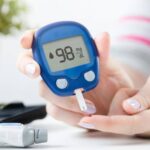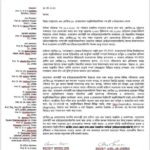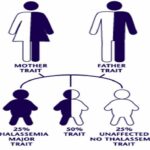Diabetes is a chronic condition that affects the way your body processes blood sugar (glucose), which is the main source of energy for your body’s cells. There are two main types of diabetes: type 1 and type 2.
Type 1 diabetes is an autoimmune disorder in which the immune system attacks and destroys the insulin-producing cells in the pancreas. This results in a complete lack of insulin, which is necessary for the body to use glucose for energy. Type 1 diabetes is typically diagnosed in children and young adults, and it requires lifelong insulin therapy.
Type 2 diabetes, on the other hand, occurs when the body becomes resistant to insulin or doesn’t produce enough insulin to maintain normal blood sugar levels. Type 2 diabetes is typically diagnosed in adults, although it is becoming more common in children and adolescents due to rising rates of obesity and inactivity. Type 2 diabetes can often be managed through lifestyle changes such as diet and exercise, although some people may also need medication or insulin therapy.
Other types of diabetes include gestational diabetes, which develops during pregnancy, and other forms of diabetes that may be caused by genetic mutations, diseases of the pancreas, or medications.
Some of the risk factors for developing diabetes include being overweight or obese, having a family history of diabetes, being physically inactive, having high blood pressure or high cholesterol, and being over the age of 45.
If you think you may be at risk for diabetes, it is important to talk to a healthcare provider about getting tested and developing a plan for managing the condition. Diabetes can have serious long-term health effects, but with proper management, many people with diabetes are able to lead healthy, active lives.
The only way to know for sure if you have diabetes is to get tested by a medical professional. Diabetes can be diagnosed through a blood test that measures your blood sugar levels. This test is called a fasting plasma glucose test, and it requires you to fast for at least 8 hours before your blood is drawn.
Some common symptoms of diabetes include frequent urination, excessive thirst, increased hunger, fatigue, blurred vision, and slow-healing sores or cuts. However, these symptoms may not be present in all cases, and some people with diabetes may not experience any symptoms at all.
If you are concerned that you may have diabetes, it is important to talk to a healthcare provider who can perform the appropriate tests and provide guidance on managing the condition.





















